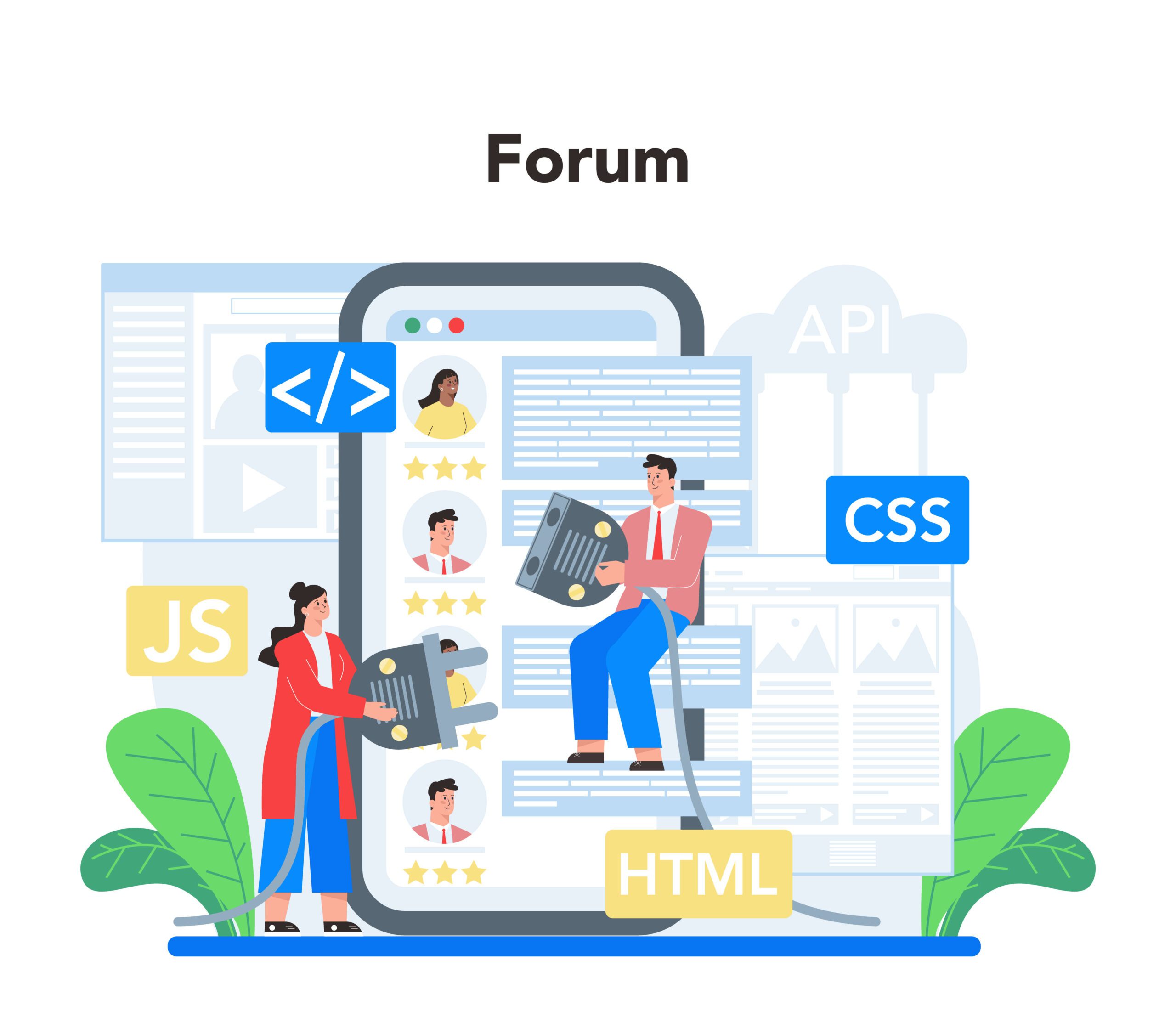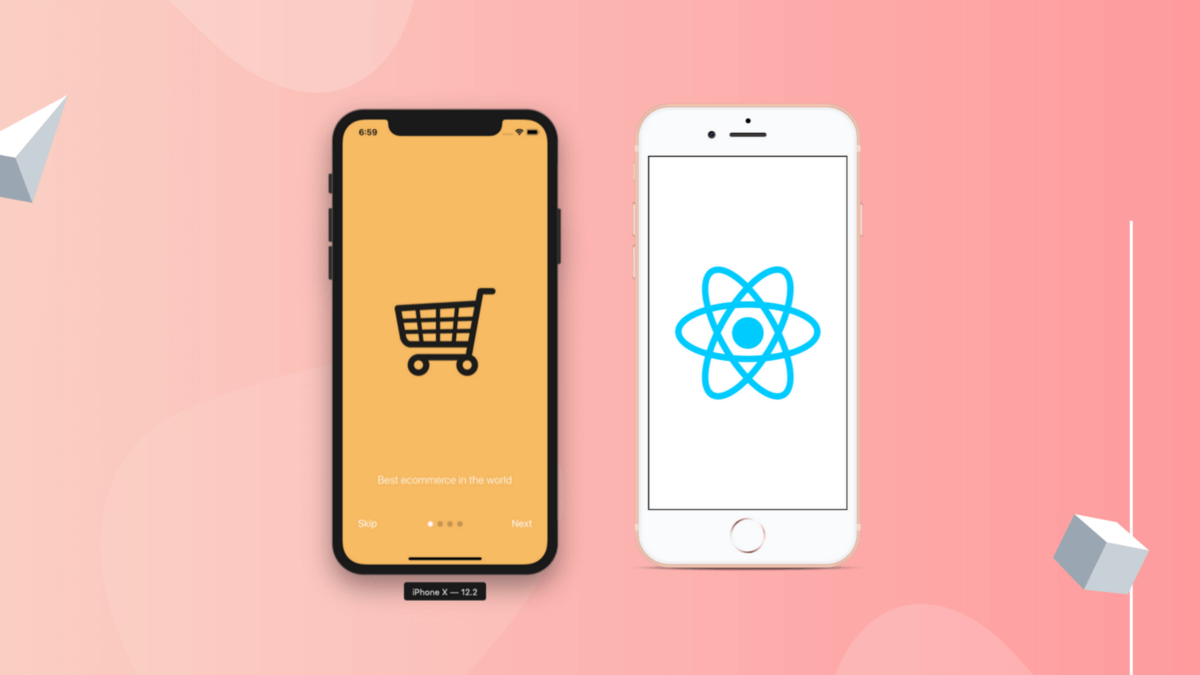As mobile apps continue to evolve, the demand for cloud integration has grown significantly. Modern mobile solutions require the ability to store and process large amounts of data in real-time, synchronize information across multiple devices, and deliver seamless experiences to users. Swift, Apple’s powerful programming language, enables developers to build high-performing iOS apps that integrate seamlessly with cloud services. By combining Swift with cloud infrastructure, businesses can develop robust, scalable mobile apps that are efficient, secure, and capable of handling complex tasks.
This article explores the role of Swift in cloud integration and how it empowers developers to build modern mobile solutions. We will also compare Swift-based cloud integrations to cross-platform development, which is often used to create cloud-powered apps for both iOS and Android.
The Role of Cloud Integration in Modern Mobile Apps:
Cloud integration is critical for mobile apps that need to store large datasets, offer real-time collaboration, and synchronize data across devices. Whether it’s a productivity tool that saves user documents in the cloud or an e-commerce app that updates inventory in real time, cloud services help apps function efficiently without requiring extensive on-device resources. For iOS apps, Swift makes it easy to integrate cloud services like Apple’s iCloud, Firebase, AWS, and Google Cloud, allowing developers to deliver seamless mobile solutions that leverage cloud storage, processing, and analytics.
How Swift Facilitates Cloud Integration for Modern Mobile Solutions:
- Seamless iCloud Integration: Swift provides developers with easy access to Apple’s iCloud services, allowing apps to sync user data, files, and preferences across devices in real time. iCloud is particularly beneficial for apps that require seamless continuity, such as productivity tools, document editors, or note-taking apps. By leveraging iCloud, Swift-based apps can automatically back up and restore user data, ensuring that users can access their information on any iOS device.
A Swift App Development Company can fully integrate iCloud into an app, enabling real-time data synchronization and secure storage. This integration allows users to enjoy a consistent experience across their iPhone, iPad, and Mac, making iCloud-powered apps ideal for professionals, students, and businesses that rely on cloud-based workflows. - Integration with AWS, Firebase, and Google Cloud: While iCloud is ideal for iOS-specific apps, many businesses prefer to use other cloud services such as AWS, Firebase, or Google Cloud for broader infrastructure needs. Swift makes it easy to integrate these cloud platforms into iOS apps, enabling features like real-time databases, cloud storage, machine learning, and push notifications. AWS, for example, offers services like Amazon S3 for file storage, AWS Lambda for serverless computing, and AWS Cognito for secure user authentication.
By partnering with Swift App Development, businesses can build mobile apps that use powerful cloud services like AWS or Firebase to store user data, manage real-time communication, or perform cloud-based computing. These integrations help deliver modern, scalable solutions that meet the needs of both small businesses and large enterprises. - Real-Time Data Syncing and Collaboration: Many modern mobile apps require real-time data syncing and collaboration features, especially in industries like finance, healthcare, and education. Swift makes it possible to build apps that leverage cloud databases to provide real-time data updates and collaborative functionality. Apps that use Firebase, for example, can store user data in real-time databases, allowing multiple users to collaborate simultaneously.
A Swift App Development can build real-time features such as chat messaging, collaborative document editing, or real-time dashboards, ensuring that users have instant access to the most up-to-date information. Real-time cloud syncing is especially valuable for apps that rely on user interaction and constant data flow, such as fitness tracking apps, shared task management tools, or e-learning platforms. - Security and Privacy in Cloud Integration: Security is a top priority for any cloud-integrated app, particularly when it comes to sensitive data like financial information, health records, or personal details. Swift offers robust security features, such as strong typing, memory safety, and built-in encryption capabilities. When integrated with cloud platforms, Swift-based apps can use additional security protocols like SSL/TLS encryption, two-factor authentication, and secure token exchange to protect data during transmission and storage.
A Swift App Development can implement security best practices in cloud-integrated apps, ensuring that sensitive user data is encrypted both in transit and at rest. For businesses that need to comply with strict regulatory standards like HIPAA or GDPR, Swift’s security features make it easier to build secure and compliant mobile solutions. - Scalability with Cloud Infrastructure: Cloud platforms allow mobile apps to scale efficiently by offloading processing and storage tasks to the cloud, reducing the burden on mobile devices. For businesses that expect high traffic or large user bases, cloud integration is essential for maintaining performance and responsiveness. Swift allows developers to integrate cloud platforms like AWS or Google Cloud, which provide scalable infrastructure that grows with the app’s user base.
A Swift App Development can help businesses build scalable mobile apps that leverage the cloud for storage, data processing, and analytics, ensuring that the app remains fast and reliable even as the user base grows. This scalability is crucial for apps that deal with high volumes of data, such as e-commerce platforms, social media apps, or online learning tools.
Comparing Cross-Platform Development for Cloud-Integrated Apps:
While Swift offers strong cloud integration for iOS apps, cross-platform development frameworks like Flutter, React Native, and Xamarin can also be used to build cloud-powered apps that work on both iOS and Android. Cross-platform development allows businesses to reach a broader audience with a single codebase, but there are some trade-offs when compared to Swift’s native integration with Apple’s ecosystem.
- Broader Audience Reach with Cross-Platform Development: Cross-platform development allows businesses to build cloud-integrated apps that work on both iOS and Android, ensuring a consistent user experience across platforms. This broader reach is especially important for apps that rely on cloud services to provide real-time data syncing, storage, or collaboration features. A Cross-Platform App Development Company can help businesses build cloud-integrated apps that work seamlessly across devices, ensuring that users have access to the same cloud-powered features, regardless of their operating system.
- Performance and Optimization Trade-Offs: While cross-platform frameworks provide broad accessibility, they may not offer the same level of performance optimization as native Swift development for iOS. Cloud-integrated apps built with Flutter or React Native may experience slight performance trade-offs, particularly when handling intensive tasks like real-time data syncing or processing large datasets. A Cross-Platform App Development can optimize the app’s performance across platforms, but businesses may need to balance the convenience of a shared codebase with the performance limitations of cross-platform development.
- Consistency Across Platforms: Cross-platform development ensures that cloud-powered apps deliver a consistent user experience across iOS and Android. However, achieving platform-specific optimizations, especially for cloud services like iCloud or HealthKit, can be more challenging. For apps that require deep integration with iOS-specific features, native Swift development is often the better choice for optimizing performance and user experience.
When to Choose Swift for Cloud-Integrated Mobile Apps:
If your mobile app is focused on iOS and requires seamless integration with iCloud or other Apple services, Swift is the ideal choice. A Swift App Development can build cloud-powered apps that are fully optimized for iOS, ensuring fast performance, real-time data syncing, and secure storage.
When to Choose Cross-Platform Development for Cloud-Integrated Mobile Apps:
If your goal is to build a cloud-integrated app that works on both iOS and Android, cross-platform development is a viable option. A Cross-Platform App Development Company can help you create an app that provides cloud-powered features across multiple platforms, though you may need to make some trade-offs in terms of platform-specific optimizations for iOS.
Conclusion:
Swift offers powerful tools for building cloud-integrated mobile apps that provide real-time syncing, secure data storage, and seamless collaboration. A Swift App Development can leverage cloud services like iCloud, AWS, or Firebase to deliver scalable, high-performance mobile solutions. For businesses looking to reach both iOS and Android users, a Cross-Platform App Development provides a broader solution for building cloud-powered apps that work across platforms.



